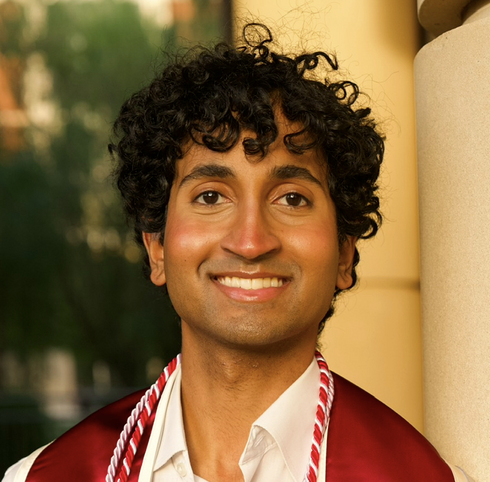Is Communications the Easiest Major?: Demystifying the Career Path

It is often mistakenly assumed communications professionals just “communicate” with people. In reality, the profession is more complicated, nuanced and technical than what many people believe.
In the digital age, communications has merged many of its functions with its peers: advertising, marketing, journalism, creative writing and even media production. These blurred lines make it hard to distinguish what the “comms” profession is precisely. Ultimately, communications is a discipline focusing on written and verbal communication, media analysis and strategic messaging.
Communications can manifest in various forms, including public relations. As the Public Relations Society of America (PRSA) defines, “Public relations is a strategic communication process that builds mutually beneficial relationships between organizations and their publics.” Technical work can include tasks such as media relations, speechwriting, event management, media buying, social media management, content creation, branding, strategic messaging, the list goes on and on.
You probably have seen PR in real time but may not have recognized it. Think of Olivia Pope from the TV show Scandal. She handled crisis communications in the form of crisis management and political consulting.
There are many recognizable celebrities and famed professionals who studied communications, including the likes of Oprah Winfrey, Howard Schultz, the former CEO of Starbucks, J. Cole, Saweetie, Al Roker and Matthew McConaughey. Two of the individuals listed graduated from universities with PRSSA Chapters! Saweetie graduated from the University of Southern California and Matthew McConaughey graduated from the University of Texas at Austin, where he now teaches. Safe to say studying communications can take you a long way.
You don’t have to be a celebrity to study public relations or communications, or be in the entertainment industry. Public relations and communications are everywhere and in almost every industry. Do you enjoy playing video games or learning about developing devices? The technology industry has a job for you. Care about healthcare or promoting research? The medical industry is another big place for the communications profession. Love sports or fashion? Both industries thrive on strong communication strategies to connect with their audiences.
The versatility of a communications degree is truly remarkable. It equips individuals with critical thinking, research, and persuasive communication skills that are highly transferable across diverse sectors. Whether you’re crafting compelling narratives for a non-profit, managing internal communications for a multinational corporation, or shaping public perception for a government agency, the core principles of effective communication remain constant. This broad applicability ensures a wide array of career opportunities beyond traditional PR roles.
So, while some might consider communications the “easiest” major? The reality is quite different. It demands a sophisticated understanding of human psychology, media landscapes, and strategic planning. Communications professionals are tasked with navigating complex situations, managing reputations, and influencing public opinion, all of which require a unique blend of creativity, analytical prowess, and ethical judgment. It’s a challenging, dynamic field that rewards those who are passionate about connecting with people and shaping narratives in a meaningful way.

Aniketh Koneru, PRSSA’s 2025–2026 Vice President of Belonging, Equity, Diversity, and Inclusion, is a communication master’s student at Northwestern University. He champions inclusivity, student advocacy, and data-driven PR, building on leadership roles from his time at the University of Oklahoma.
